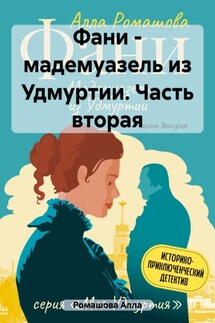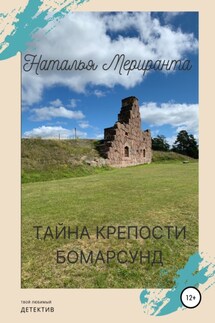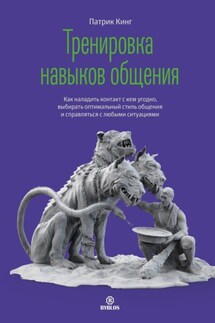The Murder of Roger Ackroyd / Убийство Роджера Экройда - страница 47
‘Yes, but-’ I paused.
‘It strikes you as odd that Ackroyd should have flown into a rage about so trivial a matter?’
‘Yes, it does rather.’
‘But was it a trivial matter?’
‘Of course,’ I admitted, ‘we don’t know what those papers may have been. But Raymond certainly said-’
‘Leave M. Raymond out of it for a minute. What did you think of that girl?’
‘Which girl? The parlourmaid?’
‘Yes, the parlourmaid. Ursula Bourne.’
‘She seemed a nice girl,’ I said hesitatingly.
Poirot repeated my words, but whereas I had laid a slight stress on the fourth word, he put it on the second.
‘She seemed a nice girl – yes.’
Then, after a minute’s silence, he took something from his pocket and handed it to me.
‘See, my friend, I will show you something. Look there.’
The paper he had handed me was that compiled by the inspector and given by him to Poirot that morning. following the pointing finger, I saw a small cross marked in pencil opposite the name Ursula Bourne.
‘You may not have noticed it at the time, my good friend, but there was one person on this list whose alibi had no kind of confirmation. Ursula Bourne.’
‘You don’t think-?’
‘Dr Sheppard, I dare to think anything. Ursula Bourne may have killed Mr Ackroyd, but I confess I can see no motive for her doing so. Can you?’
He looked at me very hard – so hard that I felt uncomfortable.
‘Can you?’ he repeated.
‘No motive whatsoever,’ I said firmly.
His gaze relaxed. He frowned and murmured to himself:
‘Since the blackmailer was a man, it follows that she cannot be the blackmailer, then-’ I coughed.
‘As far as that goes-’ I began doubtfully.
He spun round on me.
‘What? What are you going to say?’
‘Nothing, Nothing. Only that, strictly speaking, Mrs Ferrars in her letter mentioned a person – she didn’t actually specify a man. But we took it for granted, Ackroyd and I, that it was a man.’
Poirot did not seem to be listening to me. He was muttering to himself again.
‘But then it is possible after all – yes, certainly it is possible – but then – ah! I must rearrange my ideas. Method, order, never have I needed them more. everything must fit in – in its appointed place – otherwise I am on the wrong track.’ He broke off, and whirled round upon me again. ‘Where is Marby?’
‘It’s on the other side of Cranchester.’
‘How far away?’
‘Oh! – fourteen miles, perhaps.’
‘Would it be possible for you to go there? Tomorrow, say?’
‘Tomorrow? Let me see, that’s Sunday. yes, I could arrange it. What do you want me to do there?’
‘See this Mrs Folliott. Find out all you can about Ursula Bourne.’
‘Very well. But – I don’t much care for the job.’
‘It is not the time to make difficulties. A man’s life may hang on this.’
‘Poor Ralph,’ I said with a sigh. ‘You believe him to be innocent, though?’
Poirot looked at me very gravely.
‘Do you want to know the truth?’
‘Of course.’
‘Then you shall have it. My friend, everything points to the assumption that he is guilty.’
‘What!’ I exclaimed.
Poirot nodded.
‘Yes, that stupid inspector – for he is stupid – has everything pointing his way. I seek for the truth – and the truth leads me every time to ralph Paton. Motive, opportunity, means. But I will leave no stone unturned. I promised Mademoiselle flora. And she was very sure, that little one. But very sure indeed.’
Chapter 11
Poirot Pays a Call
I was slightly nervous when I rang the bell at Marby Grange the following afternoon. I wondered very much what Poirot expected to find out. he had entrusted the job to me. Why? Was it because, as in the case of questioning Major Blunt, he wished to remain in the background? The wish, intelligible in the first case, seemed to me quite meaningless here.











